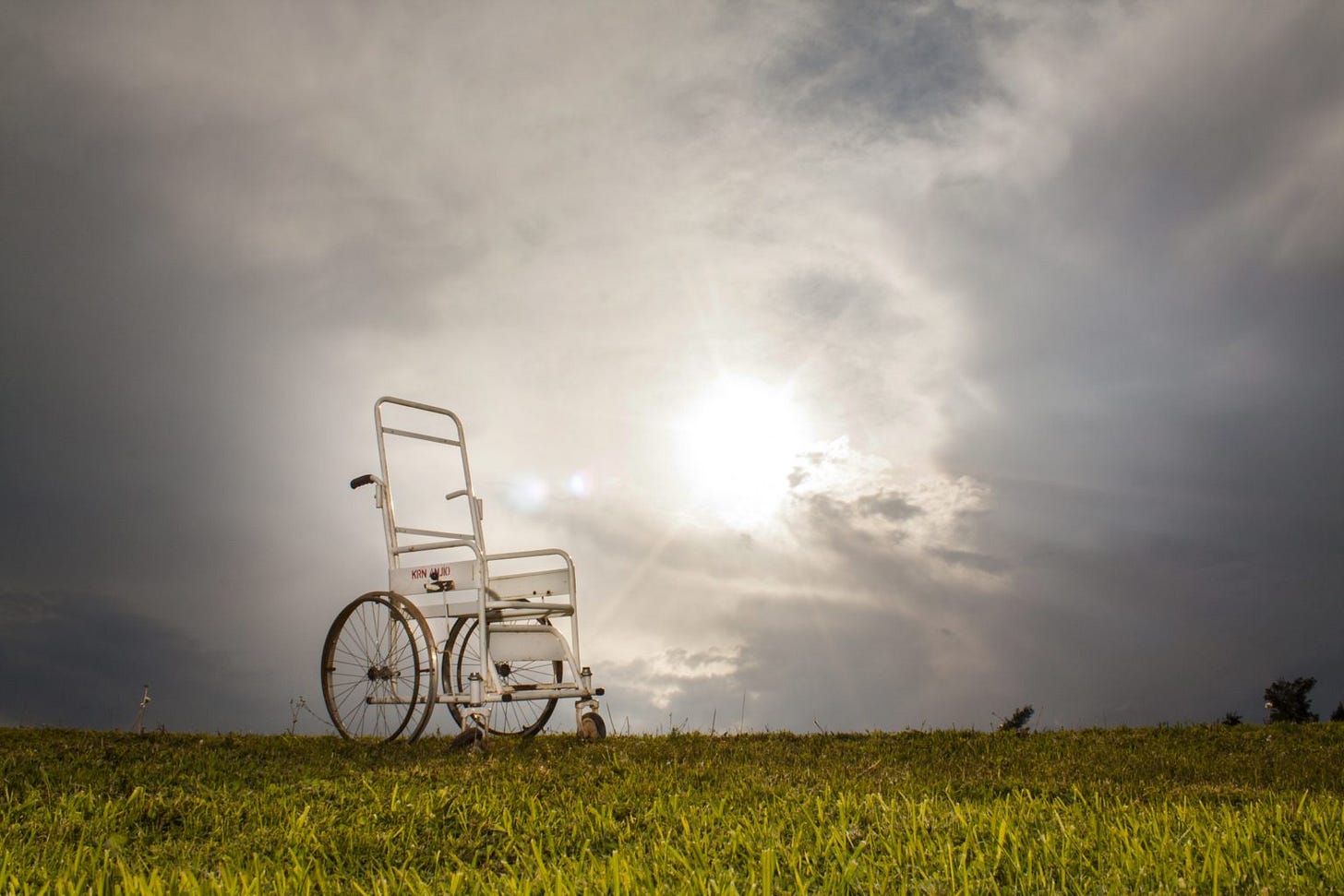Do You Need to Buy This Insurance?
Fairly early in my career, I did a brief stint selling insurance. It was part of my training program at the insurer I worked for, meaning I didn't have to earn my keep from it. That was fortunate in several ways: not having the zero- or low-earning risk of a normal sales job[efn_note]Although on the flip side, it meant I couldn't earn big bucks at it either[/efn_note] allowed me to take a more honest look at my customers and whether or not they really needed the insurance I was going to try to sell. Being a consultative seller at heart, that suited me fairly well - there were just some products I couldn't get around to endorsing, which makes it really hard to sell them.
In our consumerist world, the question "do you really need this or that product" has become somewhat anachronistic, even regarding products that aren't traditionally regarded as consumer items.[efn_note]At some point we'll have to take a look at NFTs - see the last link - on Risklantern. If we can find a risk angle.[/efn_note] Insurance isn't there (yet?), so let's take a look at some criteria for decision making.
The amount of insurance an individual takes out is highly based on their personal risk profile, which again is influenced by personality, culture and a host of other factors including cognitive biases. Which is a more complicated way of saying "it depends". But on what? A few ground rules can help.[efn_note]The list was written with personal risk/insurance in mind. Commercial insurance has some extra factors, although most of this will also work. Also, I am just looking at the question of "if", not of "with whom" and how much to pay. Here, questions of added value for service etc become a strong factor.[/efn_note]
IMO, there are a few absolute essentials, where the benefit is overwhelming compared to the cost. Prime example is personal liability. Even though the risk of becoming personally liable for huge damages is pretty small,[efn_note]At least in most jurisdictions [/efn_note] the cost is also small. The upside is also not just for the large losses - your kids will tend to break something of the neighbors at some point, and the peace of mind to have your insurer take care of it is not so bad.
While personal liability is a good bet for everybody, other essential coverages will depend on personal circumstances. Good rule: if you will lose your livelihood if you damage xx, get it insured. For me as a seller that meant that, unlike many of my colleagues, I never gave a blanket recommendation for disability insurance, as some occupations are just more at risk than others. A researcher like myself? Can work in a wheelchair in the same job. A carpenter? Not so much. A pianist? Should always get his hands insured.
Being aware of your own cognitive biases becomes very relevant especially when deciding on insurance. We are all prone to zero-risk bias - if the risk is already low, why not eliminate it altogether? - and on top of that we are bad at rationally working with very small risks.[efn_note]As Daniel Kahneman noted also with very large ones, but you won't be able to buy insurance for those.[/efn_note] The theoretical calculation is pretty simple: if your risk of something happening is 0.01, i.e one in a hundred, with a potential damage of US$ 1m, and the hazard is something you come across every day, then statistically on average you'll have to pay the 1m once every three years and insurance is probably a good bet. If the risk is 0.001, on the other hand, you might think you'd already be better off putting some money on the side every month. Problem is, it would have to be almost 4.5k a month.[efn_note]Assuming a 3% interest rate.[/efn_note] But do you even know the risk? Insurers themselves know the average risk of groups of insured, but not individual risks, and they don't need to - the law large numbers makes sure it works out.
At the danger of sounding quaint, the potential for moral hazard can also be a consideration. Will taking out this insurance coverage cause me to take more risks than I would on my own? The extra risk is not a bad thing if we are talking about something like the risk of starting a business to support a family. When we are talking about extra risks for hedonistic reasons (extreme sports come to mind), socializing the cost is a different matter.
One thing you should never do when considering insurance is the ex-post reflection of "I never needed the insurance I bought so far, so I don't need it." Turning out lucky doesn't make the purchase wrong per se; like in poker, you bet on the hand you have and its probabilities, but unlike poker your life doesn't allow you to play many hands so that you can see the superior strategy winning. I come from a nation and culture with something we call "Vollkaskomentalität", comprehensive cover mentality.[efn_note]Don't you just love German compound words?[/efn_note] That means that paying for peace of mind is more highly valued, and zero-risk bias is also culturally stronger than for example in the US. As a nation, we probably have too much insurance, but individually? I am pretty sure I personally don't.
Notes:


